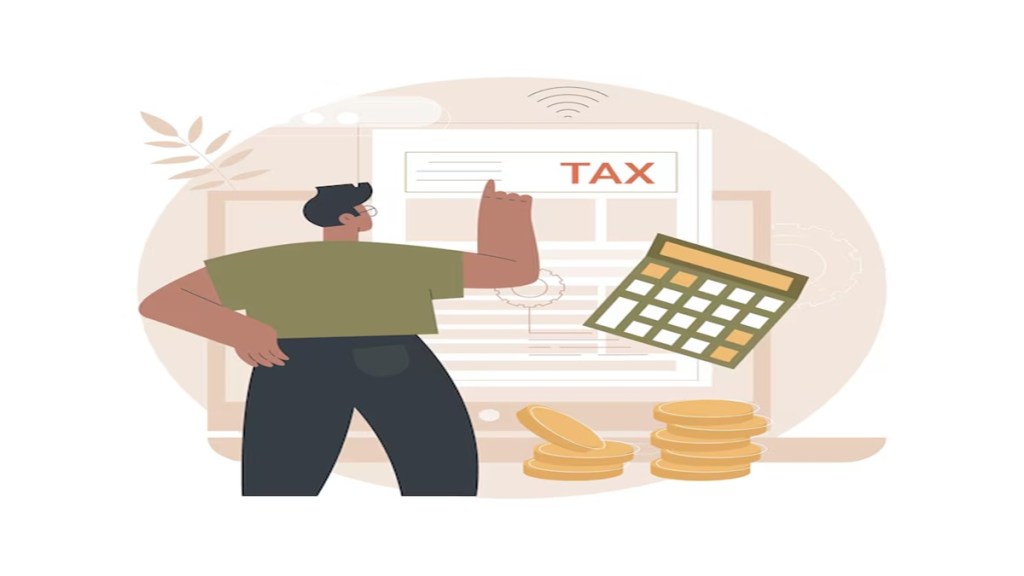In the Union Budget 2024, Finance Minister Nirmala Sitharaman tried to further sweetened the New Tax Regime, which already has managed to draw around two-thirds of taxpayers. Without touching the old tax regime, which experts believe will be scrapped sooner or later, Sitharaman continued to add some more incentives under the new tax regime for its takers. Two important changes were hike in Standard Deduction to Rs 75,000 from Rs 50,000 and tweaking of tax slabs, benefitting mainly those in the low to middle-income groups.
The government refrained from making any changes to the Old Tax Regime, understandably so, as it ultimately wants people to shift to new regime, which it says is easier for taxpayers to understand and be tax-compliant. But based on calculations (provided in the story later in tabular forms), it seems that the new tax regime will continue to benefit individuals with lower incomes but still fail to attract high-income earners as they will feel better off with the old tax regime.
Also read: Budget 2024: How will New Tax Regime impact taxpayers post revision in slabs, higher deductions?
For high-income earners, especially those with incomes exceeding Rs 10 lakh, the old tax regime continues to provide more substantial savings due to various deductions and exemptions available. Amid this debate of which tax regime is better, we will take a look at calculations and see where and how much taxpayers save under various scenarios.
The proposed new tax regime outlines the tax liability for different income slabs (Table). Here’s a breakdown:
| Income Slab (in Rs) | Tax Liability (in Rs) |
| Up to Rs 3 lakh | Nil |
| Rs 3 lakh to Rs 7 lakh | 5% |
| Rs 7 lakh to Rs 10 lakh | 10% |
| Rs 10 lakh to Rs 12 lakh | 15% |
| Rs 12 lakh to Rs 15 lakh | 20% |
| Above 15 lakh | 30% |
Note: This proposed concessional tax regime features slightly more favorable slabs and rates compared to the previous new tax regime. It reduces the tax burden for lower and middle-income earners while simplifying the tax calculation.
Income Tax Scenarios – Various Income Levels
| Gross Income in Rs. | 7,75,000 | 12,00,000 | 25,00,000 | 55,00,000 | 1,20,000,00 |
| Individual (upto 60 years) | |||||
| Income | 7,75,000 | 12,00,000 | 25,00,000 | 55,00,000 | 1,20,000,00 |
| Taxable income as per current concessional tax regime (after standard deduction of Rs 50,000) | 7,25,000 | 11,50,000 | 24,50,000 | 54,50,000 | 1,19,50,000 |
| Taxable income as per concessional tax regime (after standard deduction of Rs 75,000) [Budget July 2024] | 7,00,000 | 11,25,000 | 24,25,000 | 24,25,000 | 1,19,25,000 |
| Taxable income as per old tax regime (after considering various deductions) | 6,97,000 | 10,80,000 | 22,50,000 | 49,50,000 | 1,08,00,000 |
| Income tax payable | |||||
| As per current concessional tax regime | 28,600 | 85,800 | 4,52,400 | 15,27,240 | 39,28,860 |
| As per proposed concessional tax regime | – | 71,500 | 4,34,200 | 15,07,220 | 39,07,930 |
| As per old tax regime | 54,080 | 1,33,640 | 5,07,000 | 14,84,340 | 36,50,790 |
| Senior Citizen (60 – 80 years) | |||||
| Income | 7,75,000 | 12,00,000 | 25,00,000 | 55,00,000 | 1,20,000,00 |
| Taxable income as per current concessional tax regime (after standard deduction) | 7,25,000 | 11,50,000 | 24,50,000 | 54,50,000 | 11,95,0000 |
| Taxable income as per concessional tax regime (after standard deduction of Rs 75000) [Budget July 2024] | 7,00,000 | 11,25,000 | 24,25,000 | 54,25,000 | 1,19,25,000 |
| Taxable income as per old tax regime (after considering various deductions) | 697,500 | 10,80,000 | 22,50,000 | 49,50,000 | 1,08,00,000 |
| Income tax payable – As per current concessional tax regime | 28,600 | 85,800 | 4,52,400 | 15,27,240 | 39,28,860 |
| Income tax payable – As per proposed concessional tax regime | – | 71,500 | 4,34,200 | 15,07,220 | 39,07,930 |
| Income tax payable – As per old tax regime | 51,480 | 1,31,040 | 5,04,400 | 14,81,480 | 36,47,800 |
The above table compares the tax liabilities for individuals and senior citizens under different tax regimes and income levels.
Conclusion:
For Lower Incomes: The proposed concessional tax regime is more beneficial due to a higher standard deduction.
For Higher Incomes: The old tax regime can still be more advantageous, especially if significant deductions are available.
For Senior Citizens: The tax impacts are similar, but the proposed concessional regime benefits from a higher standard deduction.

